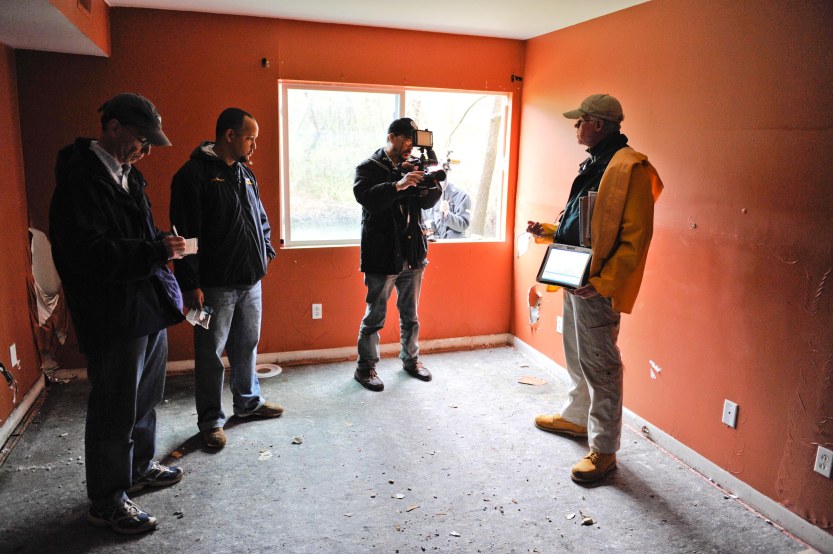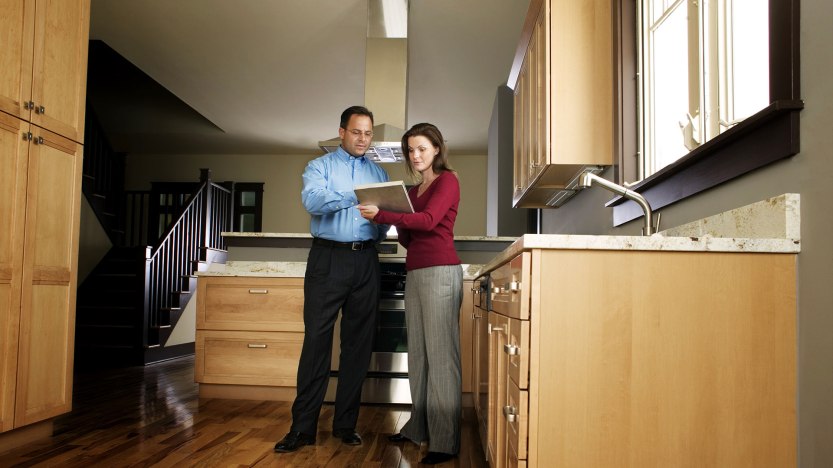
The second step in purchasing a home would be Home Inspections. Home Inspection is evaluating the structure of the house, identifies them and gives feedback through a written report after the inspection.
They mostly covered conditions of the roofing, plumbing, electrical system, insulation, heat and air conditioning, windows, doors and more. Note that Home Inspectors only identifies the problem and they are not going to be the ones to fix it.
But what else is there about Home Inspections for Home Buyers?
Do I really need one? Home Inspection is usually OPTIONAL
Home Inspections sure is an additional expense that a buyer need to consider. It will give you an idea about the current condition of your dream house before buying it. It is a wise decision to determine the extent of potential damages that your eyes can’t see like knowing that your electrical system is substandard and needs updating, or a worst case of mold issues around the living area. This prepares you to negotiate with the seller about the repairs that needed to be done and agree on the terms.
Buyers shoulders the cost of Home Inspection.
YES, you read it right. The buyer shoulders the cost of getting a Home Inspection. Though this might cost you around few bucks but getting one is generally beneficial for every home buyer. Remember that home inspectors works for you and not for the seller. Make sure to select a licensed home inspector capable of identifying problems. It is also advisable that you are physically present during the inspection so you will be given feedback on which part of the house needs immediate attention. You may want to consider including these in your repairs negotiation with the seller.
What do Home Inspections cover? How much will they cost?
Every property is different. The prices may range from $250 to a package of $1000 depending on the tests you wanted to have and the total lot size. American Society of Home Inspectors (ASHI) suggests the following areas be inspected by qualified inspectors.
- Foundation and basement

- Any additional structural components
- Interior plumbing systems
- Interior electrical systems
- Heating and cooling systems
- Condition of windows
- Condition of doors and door frames
- Condition of floors, walls, and ceilings
- The attic and any visible insulation
The Inspection Report.
Now that you are done with the inspection proper, an inspection report must be made. This is a written document and is usually done within the same day by the inspectors. Inspection reports provides comprehensive details and photos of identified issues and damages of the house. A copy will be sent to you and your Real Estate Agent if you are working with one. You may present this to the seller and point out some areas that needed repairs and negotiates how you go over with the costs.
Repairs are Negotiable.

Not all the time the seller agrees to shoulder all the repairs cost. If there are a lot of damages that needs attention, you must know how to negotiate what areas need to be prioritized and be highlighted rather than including small details that you can eventually work on by yourself later on. Willingness to share the repair cost might be easier for both parties to come into agreement. But again, all is negotiable.
If all else fails, you can still walk away from your offer.
If you think that the inspection report seems a disaster for you that you cannot even imagine living in that house (though you thought of it your dream house! Was!). That is the whole point of doing home inspection, it will provide you awareness of up to what extent the structure you are about to purchase is facing. If you can’t get into a fair agreement with the seller on who pays what then it’s time to move on. Well of course forget your initial deposit though that serves as seller’s collateral.
Hi! I’m extremely need this kind of topic. It’s just that I want to learn more about home inspection. Thanks for the opportunity you gave us to read this!
LikeLike